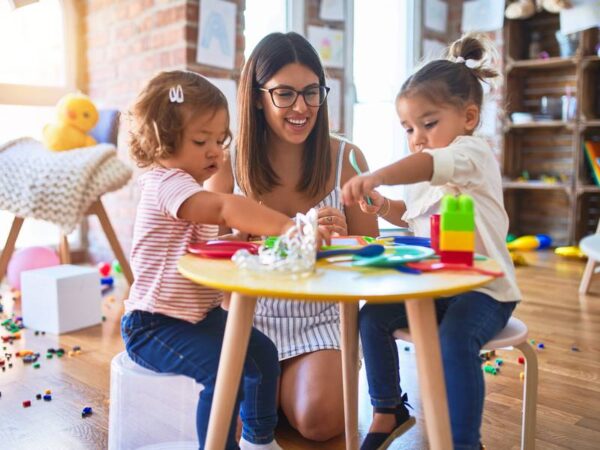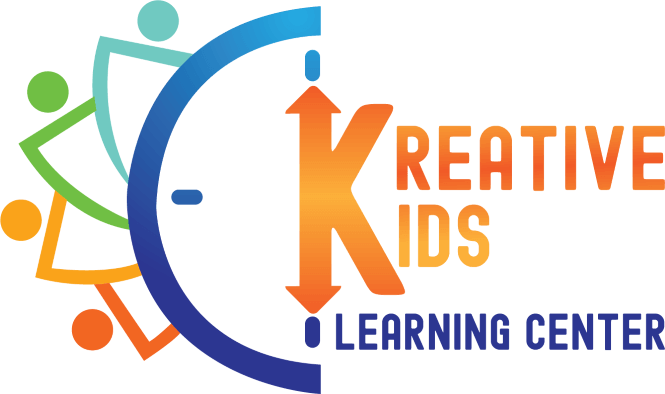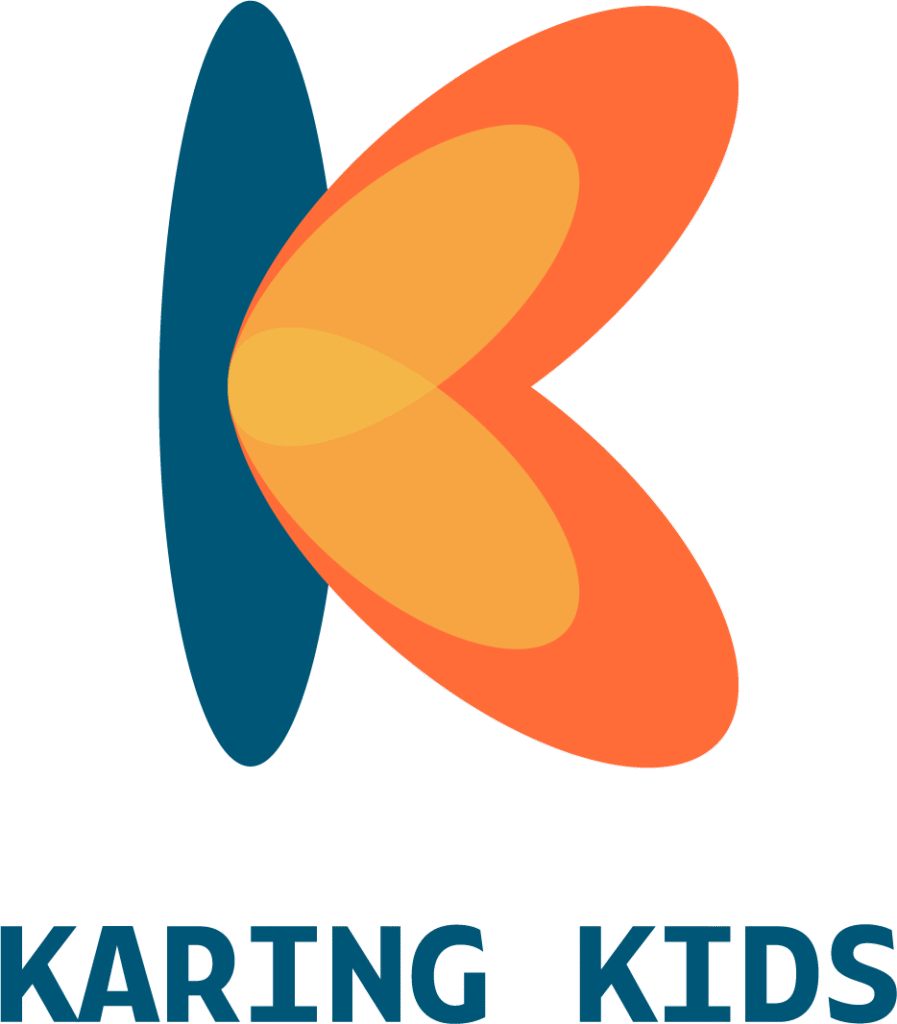Trusted Early Childhood Learning Services in Inkster, MI
The Kreative Kids Learning Center:
A Foundation for Lifelong Learning
With over 20 years of experience, we’re proud to be Inkster’s top choice for culturally sensitive, community-connected early childhood education. Enroll your child today to unlock their full potential!
Pre-K Enrollment Open • 2025–2026
Now enrolling Pre-K (ages 4–5) for 2025–2026 at The Kreative Kids Learning Center in Inkster. Our play-based, culturally responsive program pairs evidence-based curriculum with small-group instruction, outdoor exploration, and conscious discipline to build early literacy, math, and social-emotional skills. In partnership with families, and with added support from Karing Kids, children leave confident and kindergarten-ready.
Our Mission
Through multi-programming and community-connected approaches, we build and sustain strategies that bridge health and learning for all students. We strive to ensure every child receives the care and education they need to thrive.
Our Philosophy
We believe that children thrive through active, engaging play. Our nurturing environment provides developmentally appropriate experiences, encouraging children to learn and comprehend through interactive activities. We’re committed to creating a foundation that supports each child’s growth and development.
Our Vision
By bridging education, care, and health, we envision a society where childcare is recognized as a leader in providing the greatest opportunities for families to thrive.
Family-Owned Early Learning Center in Inkster, MI
About The Kreative Kids Learning Center
Kreative Kids Learning Center is a community-based organization licensed by the State of Michigan as a childcare facility. Privately owned and operated, we are dedicated to providing comprehensive programming that includes Infant/Toddler care, Preschool to Pre-K, and specialized ABA therapy.
Our commitment to culturally sensitive care ensures that every child is supported.
Early Childhood Education and Childcare Services We Offer
Infant/Toddler
Preschool/Pre-K
ABA Therapy
Our therapy program supports children with developmental disabilities through personalized care plans. We provide developmental screenings and therapy to enhance social, emotional, and cognitive growth.
Parent Resources for Early Learning Success
Resources for Families
Find essential information in our Resources section, where you’ll find forms, policies, teaching materials, cultural competence guides, and nutrition information designed to help your family thrive.

Why Community-Connected Childcare is the Gold Standard for Families
In Metro Detroit, parents don’t just want a babysitter; they want a village. A “one-size-fits-all” childcare provider could
Nurturing Early Learning in Michigan
Latest News from Our Blog
Stay updated with KKLC’s blog for the latest insights and tips on childcare, daycare, and early childhood education in Inkster, Michigan.
Our blog covers topics to help parents navigate early learning, child development, and quality care. Explore valuable resources on the best practices for your child’s growth.

